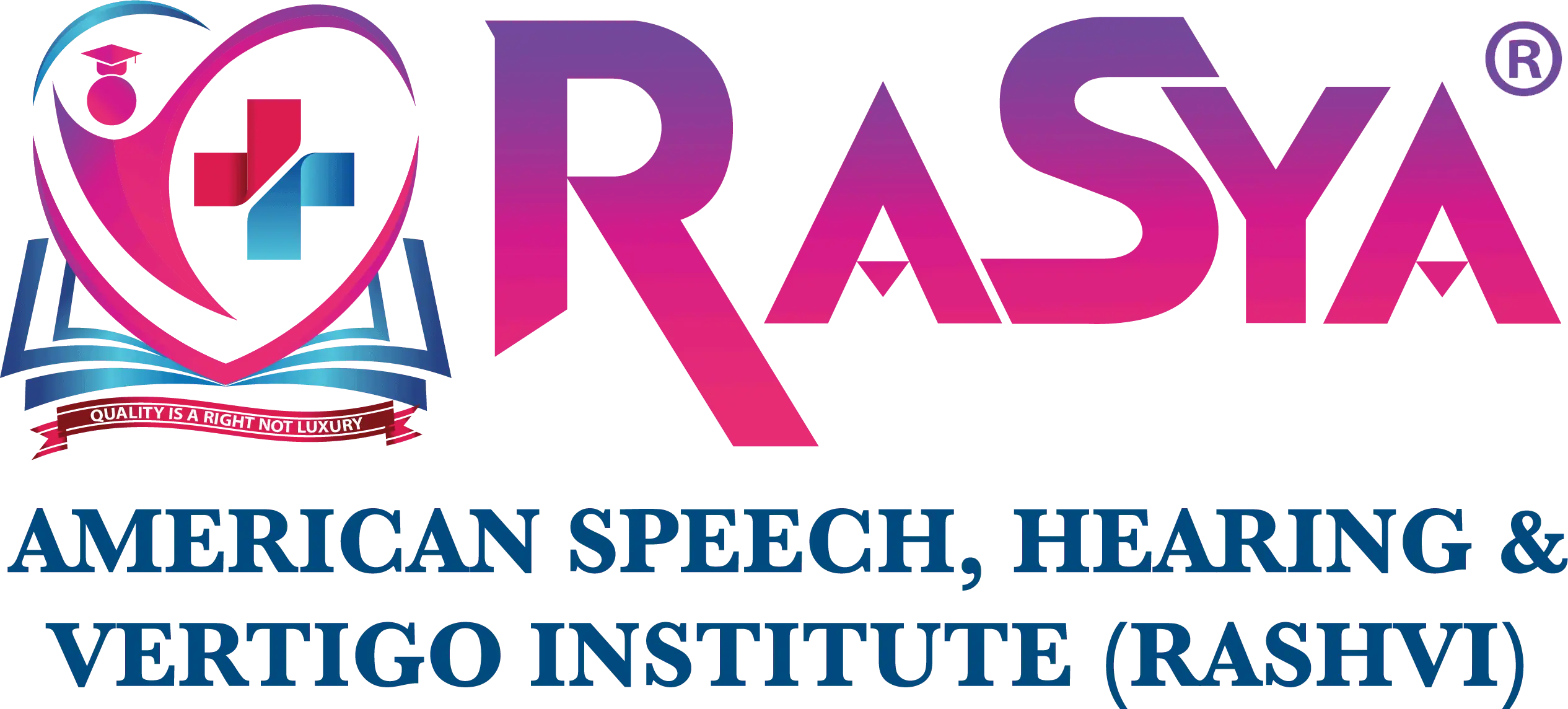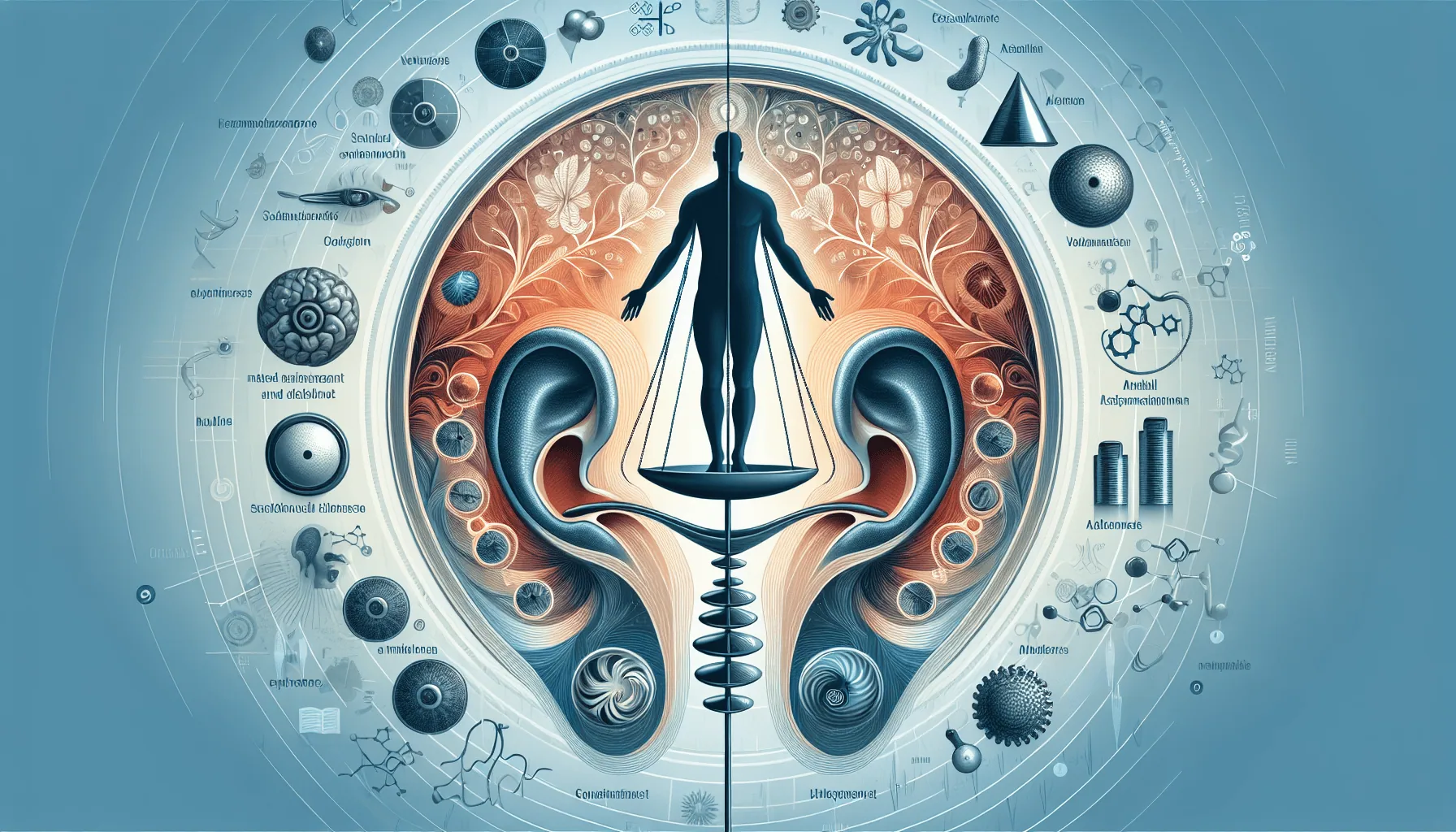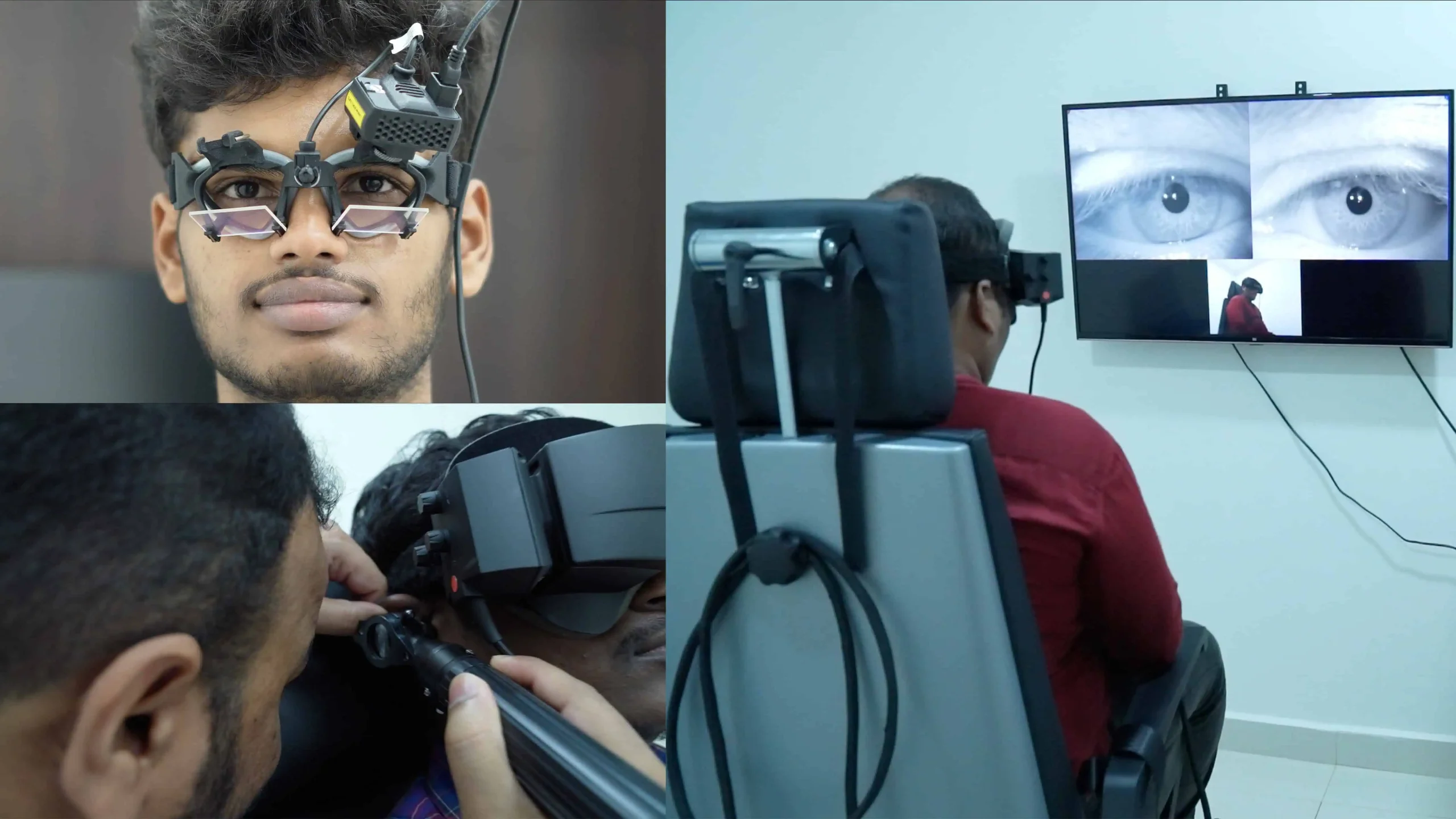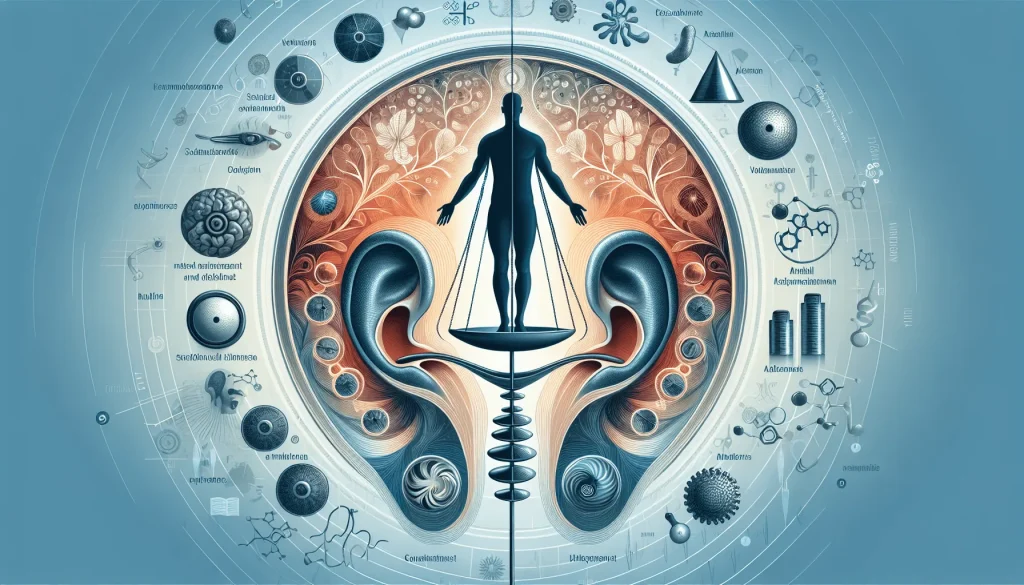Advanced
Advanced Assessment and Management of Vestibular System
This HYBRID intermediate level Vestibular Assessment course is suitable for Audiologists interested in specializing in…
₹50,000 exc. GST
Hands-on: July 6, 2025
10 in stock
COURSE DESCRIPTION
Assessment & Management of Vestibular System is a course that provides participants with an in-depth understanding of vestibular assessment and management of BPPV. This course is designed to provide participants with evidence-based treatment strategies to manage patients with vestibular disorders more efficiently and productively.
HYBRID MODE
This course is designed in HYBRID method with a combination of online and on-site sessions to accommodate all practicing Audiologists and students to learn at home self paced and to reduce the burden of higher expenses without compromising the quality of education.
Part I – Online session
-
This session covers the theoretical aspect of the course.
-
Self-paced online and no weekly deadlines to truly learn at your own pace.
-
First Module on Anatomy & physiology will be available before hands-on and remaining modules on assessment will be made available after hands-on for better correlation of learned hands-on to theoritical diagnostic information.
Part II – onsite hands-on session
-
-
This on-site session is live hands-on.
-
Total of 5 days with true hands-on experience with group practice and the possibility of observing patients. *
-
This course has two parts.
Part – 1: Online Sessions
MODULE 1: Basic Science/Anatomy and Physiology of the Human Balance System
Anatomy and physiology of Vestibular System.
-
Peripheral Vestibular System
-
Central Vestibular System
Anatomy and physiology of oculomotor system. Reflex systems and its coordination with balance.
-
Vestibulo-Ocular Reflex (VOR)
-
Vestibulo-Collic Reflex (VCR)
-
Vestibulo-Spinal Reflex (VSR)
MODULE 2: Clinical Evaluation of Vestibular Function & Assessment Protocols
Case History & relevant questionnaires.
Bedside / Subjective Evaluation.
Diagnostic clinical evaluation:
Overview and Principle,
Clinical Considerations,
Test Protocols,
Analyses,
Interpretations &
Clinical Application
-
Videonystagmography (VNG)
-
Caloric Testing
-
Video-Head Impulse Test (vHIT)
-
Vestibular Evoked Myogenic Potentials (VEMP)
MODULE 3: Common Vestibular & Balance Disorders: Differential Diagnosis
-
BPPV Vestibular Neuritis
-
Labyrinthitis
-
Vestibular Migraine/ Migraine Associated Vertigo
-
Meniere’s Disease / Endolymphatic Hydrops
-
Perilymphatic Fistulas
-
Superior Semi-circular Canal Dehiscence
-
Acoustic Neuroma/ Vestibular Schwannoma
-
Vestibular Paroxysmia
-
Age-Related Vestibular Disorders
-
PPPD
-
Others
MODULE 4: Vestibular Rehabilitation, BPPV management & Patient Resources
Canalith Repositioning Procedure/ Treatment.
-
Posterior Canal
-
Horizontal Canal
-
Anterior Canal
Patient Resources & Referral.
PART 2: 5 days onsite hands-on training
Download course syllabus for complete hands-on training schedule
COURSE OBJECTIVES
- Develop a solid understanding of the essential anatomy and physiology of the human balance system, focusing on the interactions between the peripheral and central vestibular systems and their coordination with the oculomotor system.
- Learn foundational evidence-based protocols and strategies for evaluating patients with balance disorders, including taking accurate case histories and employing basic subjective and objective evaluation methods.
- Gain an understanding of clinical balance evaluations from a vestibular audiologist’s perspective, and acquire proficiency in performing and interpreting key diagnostic tests such as Videonystagmography (VNG), Caloric Testing, Video-Head Impulse Test (vHIT), and Vestibular Evoked Myogenic Potentials (VEMP).
- Demonstrate the use of effective and reliable clinical evaluation protocols to identify candidates for further treatment and support accurate assessment and management.
- Recognize and distinguish between common disorders that impact vestibular and balance function.
- Develop skills in differential diagnosis and interpretation of vestibular test results, with an emphasis on maintaining accurate documentation and writing clear reports.
- Engage in hands-on training and participate in case presentation discussions to strengthen theoretical knowledge and enhance practical skills.
- Receive training in Canalith Repositioning Treatment for various forms of Benign Paroxysmal Positional Vertigo (BPPV).
ELIGIBILITY / WHO IS THIS COURSE FOR?
-
Students – M. Sc. Audiology or M. Sc. ASLP.
-
Practicing Audiologists with a minimum of bachelor’s degree in Audiology looking to specialize in vestibular sciences.
-
Private practice audiology owners looking to introduce vestibular services in their clinics or hospitals.
Faculty
Our faculty comprises internationally recognized vestibular specialists and professors who are approachable and provide engaging, practical examples.







